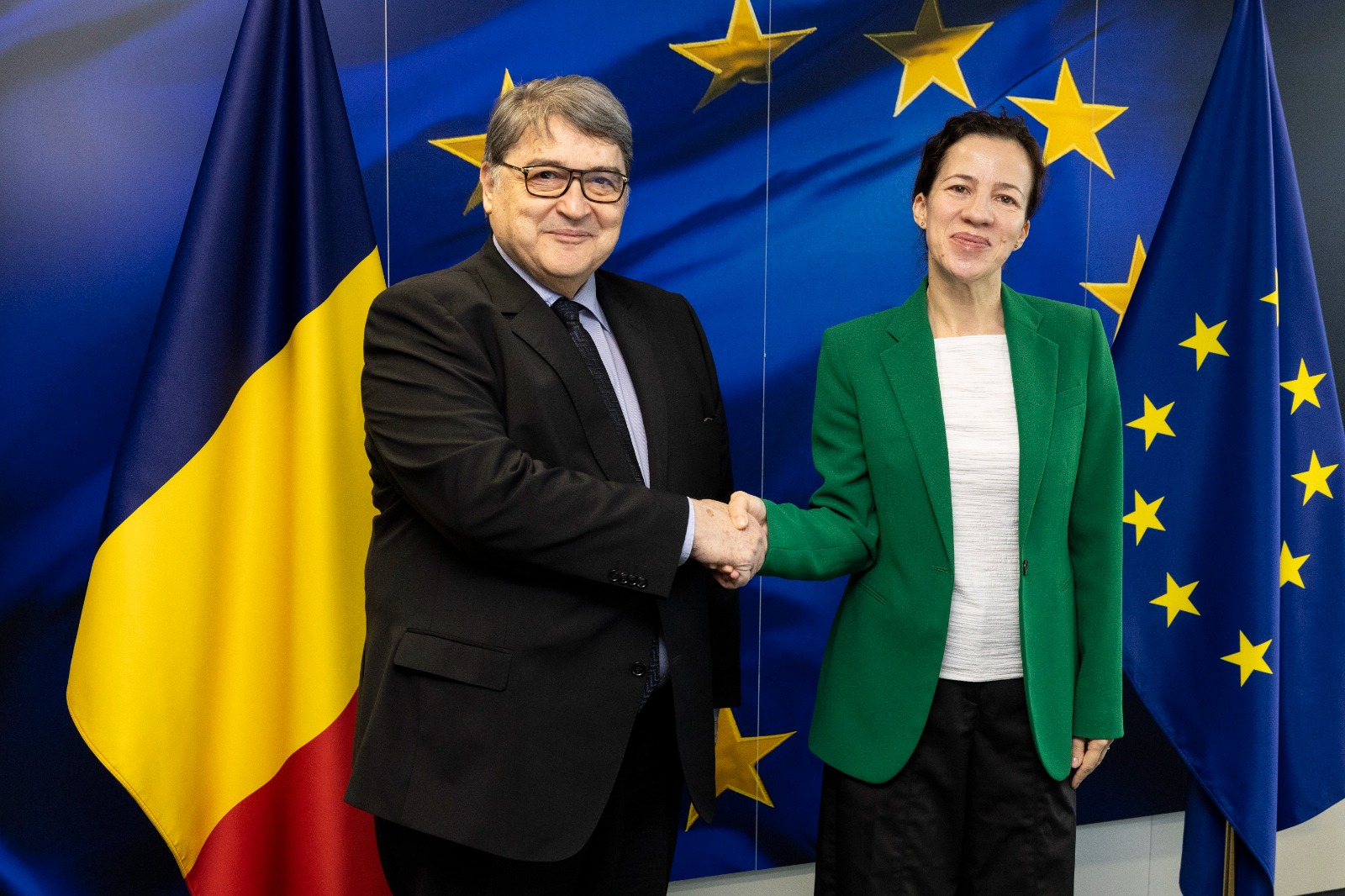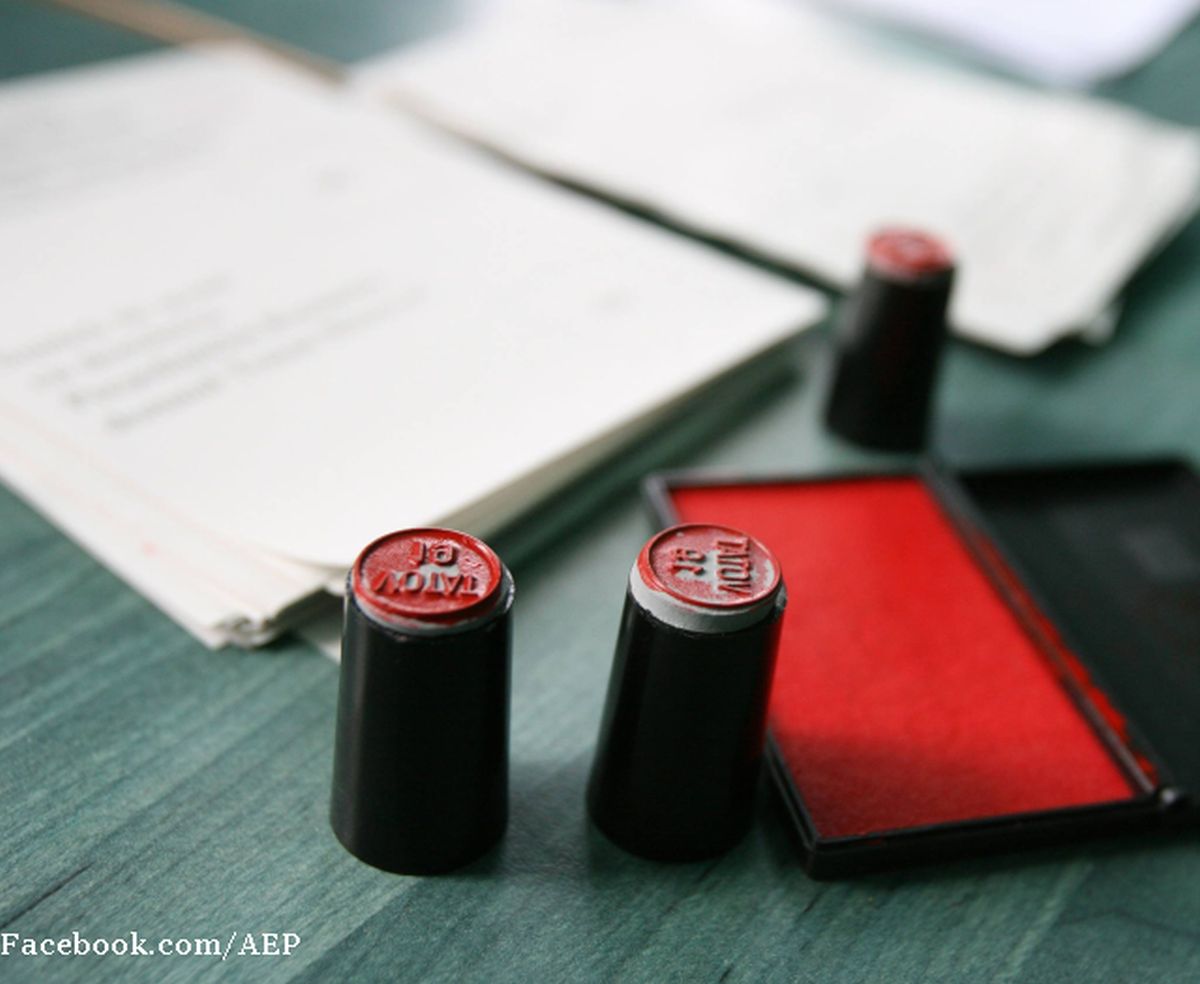New measures to renew the national car fleet
The Classic and Plus car-scrappage schemes are available this year for the Romanians who want to buy a new car

Mihai Pelin, 12.04.2019, 13:41
The Classic and Plus versions of the vehicle scrappage schemes have
been officially launched in Romania, with a view to encouraging new vehicle
purchases. One of the longest-lived governmental programmes, the Scrappage
Scheme is in its 15th year of existence. So far over 550,000 old,
polluting vehicles have been scrapped and more than 300,000 new cars have been
purchased. This year, the budget earmarked for the programme is around 67.3
million euros, for almost 35,000 scrappage bonuses of some 1,360 euro each.
There is also a roughly 210-euro bonus granted for the purchase of new vehicles
equipped with less polluting engines, and another 360-euro bonus for the
purchase of hybrid cars. Those who want to buy a new car can already go to the
validated producers to complete the registration procedure.
The most important novelty under this year’s scheme is that, unlike in
previous years, the Vehicle Technical Inspection is no longer mandatory for the
cars to be scrapped. The decision was prompted by the fact that people had come
to pay more for the inspection of vehicles older than 8 years than they
received under the governmental discount scheme, the Environment Minister
Gratiela Gavrilescu has explained recently. She has also added that Romanians
want to buy new, safe vehicles:
Romanians want to buy non-polluting cars, they want vehicles
that are also aesthetically pleasing and they want to travel safely on national
roads.
Concurrently with the classical scrappage programme, the Plus
Scrappage Scheme, intended for the purchase of plug-in and hybrid cars, also
continues, and has reached its 4th year. The budget for this
component is 19.5 million euros. To encourage purchases of electric cars, the
Environment Fund Administration announced that it would earmark 19 million
euros for the purchase and installation of high-performance charging stations
in Romania’s big cities as well as on national and European roads and on
motorways.
Cornel Brezuica, head of the Environment Fund Administration,
explains:
The programme focuses on 2 areas: one addressing local
public authorities, county capitals, where we estimate that by the end of the
year we will have signed contracts for some 1,200 charging stations. The second
component involves the installation of charging units on the major national and
European roads and on motorways, every 100 kilometres, precisely to enable
plug-in car owners to leave their home cities using this means of
transportation.
The two car scrappage schemes, Classic and Plus, address both
individual owners, and legal entities.






























